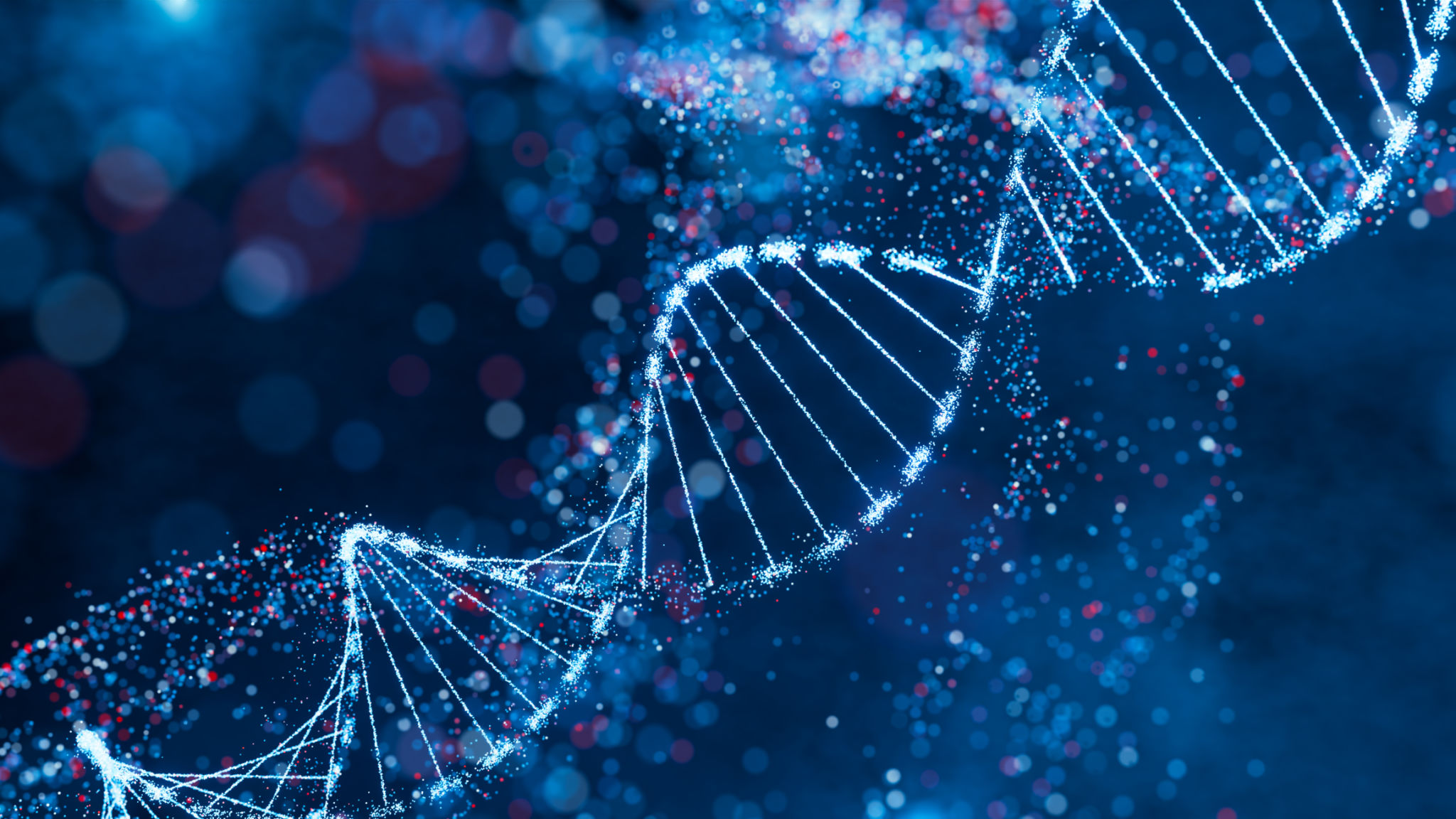Debunking Myths: Common Misconceptions About DNA Testing
Understanding DNA Testing
DNA testing has become more accessible and popular over the years, offering insights into our ancestry, health, and even criminal investigations. However, with its growing popularity, several myths and misconceptions have emerged, leading to misunderstandings about what DNA testing can and cannot do.

Myth 1: DNA Testing Is 100% Accurate
One of the most common misconceptions is that DNA tests provide 100% accuracy. While DNA testing is a highly reliable scientific tool, it's important to understand that no test can guarantee absolute certainty. The results depend on various factors, including the quality of the sample and the specific methodologies used by different laboratories.
Most DNA tests offer a probability factor rather than a definitive answer. This is especially true in ancestry testing where results may vary slightly between different testing companies due to their unique databases.
Myth 2: DNA Testing Can Predict Your Future Health
While some DNA tests can offer insights into potential genetic predispositions to certain health conditions, they are not definitive predictors of your future health. Lifestyle, environment, and other non-genetic factors also play a significant role in determining health outcomes.

It's essential to consult healthcare professionals when interpreting genetic health risks. They can help contextualize these findings within the broader scope of your overall health profile.
Myth 3: Ancestry Tests Can Reveal Exact Ethnic Origins
Many people take DNA ancestry tests hoping to uncover precise details about their ethnic background. While these tests can provide a broad overview of genetic ancestry, they cannot pinpoint exact ethnic origins. The results are based on comparisons with reference populations in a company's database, which may not represent all global ethnic groups.
Ancestry tests are continually evolving as databases expand, but current limitations mean results should be taken as estimates rather than exact figures.

Myth 4: Your Data Isn't Secure
Concerns about data privacy are valid, especially with sensitive information such as genetic data. However, most reputable DNA testing companies implement stringent security measures to protect customer data. It's crucial for consumers to read privacy policies and understand how their data will be used and stored before proceeding with a test.
Choosing a company that prioritizes privacy and transparency can help mitigate risks associated with data breaches or unauthorized access.
The Reality of DNA Testing
DNA testing is a powerful tool with the ability to unlock fascinating insights into our biology and heritage. By debunking common myths and understanding its limitations, individuals can make informed decisions about utilizing these technologies responsibly.
Whether you're interested in learning more about your ancestry or assessing potential health risks, approaching DNA testing with realistic expectations will lead to more meaningful and accurate interpretations of your results.
